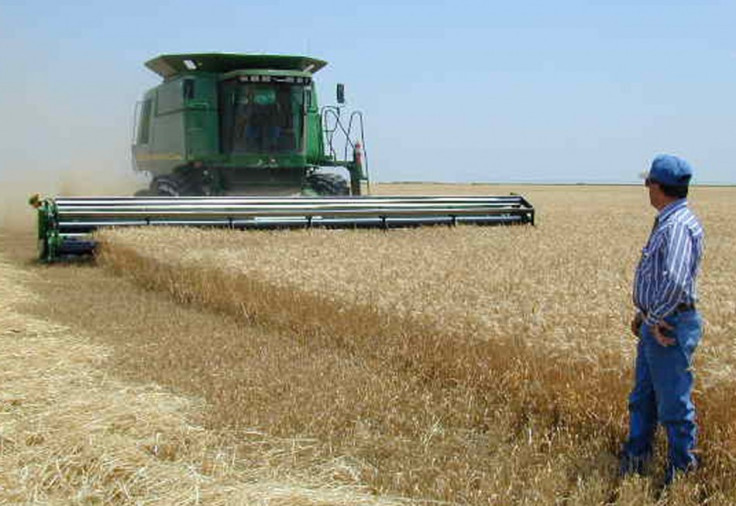Global Warming Will Affect Food Production

Researchers from the University of Washington have discovered that global warming will affect food production.
The scientists have discovered that by the end of this century people across the world will face an acute food shortage because of global warming. They believe global warming will have a greater impact than previously estimated.
The study has indicated that the increase in the volatility of summer time temperatures will have severe side-effects in the grain-growing regions of Europe and North and South America. They also found out that 30 to 40 percent of crops like rice, corn and soybean are likely be affected.
In addition, the researchers have found out that most areas across the globe will expect to see greater variability in summer temperatures between now and 2085, with the biggest impacts in Europe, Africa and South America.
Therefore, according to the researchers, rice yields in the tropics are already being affected by higher temperatures in nations such as Indonesia, which frequently imports rice to stabilize prices.
In 2011, severe drought in the Horn of Africa created serious food security issues for many people. Somali refugees were forced to hold meal cards outside a feeding center at an Ethiopian transit camp because of food shortage.
"In terms of regional and global food security, it's not good news," said David Battisti, professor of atmospheric sciences at the University of Washington.
"Food insecurity is likely to be higher than it has been for some time," he said.
© Copyright IBTimes 2025. All rights reserved.





















